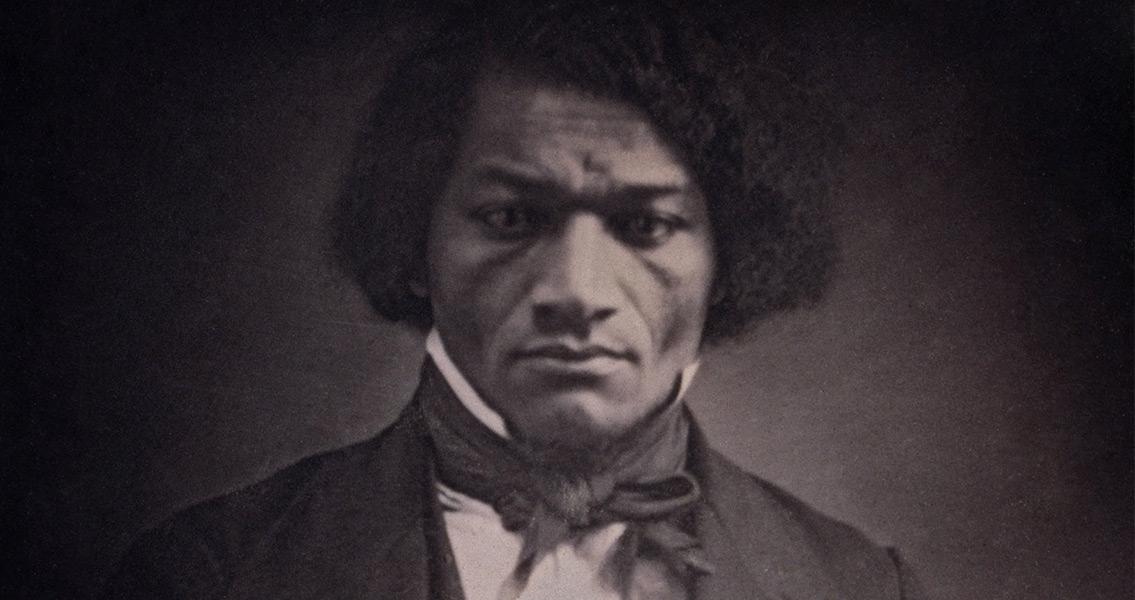<![CDATA[On 23rd June 1888, at the Republican National Convention in Chicago, Frederick Douglass received a single vote from a Kentucky Delegate. It was an event of huge significance, Douglass, an African American born into slavery, officially found himself a candidate for the US presidency, 120 years before Barack Obama was elected. It was just one achievement in the remarkable life of one of the United States' most significant civil right's activists. Indeed, although the 1888 nomination for Douglass is the one most commonly remembered in the history books, likely because it was for the Republican party, it was actually the second time he'd been nominated for the presidency, and the third time he'd been nominated for a position in government. In Buffalo, New York, Douglass received a nomination at the 1848 National Liberty Party Convention. In 1872, he was nominated as a candidate for vice-President during the Equal Rights Party Convention, but he declined the nomination. Although never elected to the White House, Douglass was a hugely influential voice throughout the nineteenth century on both civil and women's rights. Following the US Civil War he was elected president of the Freedman's Savings Bank - a private corporation chartered by the US government to foster the economic development of communities of freed slaves, and he also served as the US ambassador to the Dominican Republic for two years. From 1889 to 1891 he served as minister-resident and consul-general to the Republic of Haiti. Considering he had been enslaved until he was twenty years old, Douglass' career was a powerful message to the political establishment that African-Americans could play a vital and equal role in US politics. Born Frederick Augustus Washington Bailey in Talbot, Maryland in 1818, Frederick Douglass' mother was a slave, and his father possibly her white owner. At some point he was sent to the home of Hugh Auld in Baltimore. It marked a key turning point in his life. Auld's wife, Sophia, defied the ban on teaching slaves to read and write, and explained the alphabet to the twelve year old. When Hugh Auld found out he forbade his wife from continuing Douglass' lessons, but it proved ineffective, and the young slave continued to learn literacy from other willing helpers in the neighbourhood. In 1838, after he had been sold to the Covey family, Douglass made his escape from slavery. On his third escape attempt, he managed to board a train on 3rd September and make his way to the New York safe house of abolitionist David Ruggles. Douglass quickly became involved in the abolitionist movement, attending lectures and meetings and eventually forging his own reputation as a powerful orator. His influence grew as a powerful voice for the anti-slavery movement, particularly as he was one of the few public figures who had actually been a slave himself. Nevertheless, he also became a target for the reactionary elements in society, being chased and beaten at a lecture he gave in 1843. The powerful former slave became the editor of a hugely influential African-American newspaper, while also travelling to Europe to lecture passionately on the evils of slavery. Although never coming close to winning the US presidency, Douglass was one of the most influential Civil Rights figures of the nineteenth century. His success as a writer, orator and campaigner directly challenged racist ideas directed towards African-Americans, while proving an inspiration to both former slaves and white abolitionists alike. ]]>
Frederick Douglass Gets A Presidential Nomination
